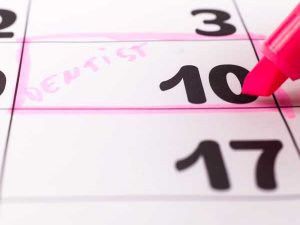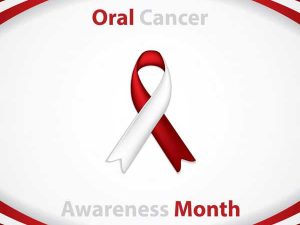
Understanding Dry Mouth
Dry mouth, also known medically as xerostomia, is a common condition affecting many individuals worldwide. This oral health issue can be described as a feeling of persistent dryness in the mouth, often resulting from a decreased production of saliva. Your mouth’s natural moisture is essential not just for comfort, but also for your overall oral health. In this section, we’ll delve into why that is.
Saliva plays a vital role in maintaining your oral hygiene. It helps cleanse your mouth, aids in digestion, prevents infection by controlling bacteria, and even helps to keep your teeth strong by providing them with vital minerals. When saliva production decreases, all these functions can be disrupted, leading to uncomfortable and sometimes serious symptoms.
Causes of Dry Mouth
One might wonder, what triggers dry mouth? There are several factors that can contribute to xerostomia. Some common causes include certain medications, aging, cancer therapy, nerve damage, and other health conditions like diabetes, Alzheimer’s disease, and Sjögren’s syndrome.
Medications, both over-the-counter and prescription, are one of the most common causes of dry mouth. These can range from antihistamines and blood pressure medications to antidepressants and drugs for Parkinson’s disease. Aging doesn’t directly cause dry mouth, but older adults are often on medications that may lead to dry mouth. It’s important to remember that these causes aren’t exhaustive, and consulting with a professional is crucial to identify your unique triggers.
Symptoms of Dry Mouth
Identifying dry mouth can be simple if you know what to look for. It often presents with a sticky, dry feeling in the mouth, frequent thirst, sores in the mouth, cracked lips, a dry throat, and a burning or tingling sensation in the mouth and especially on the tongue.
Additionally, you might notice trouble speaking, tasting, chewing, and swallowing. Other signs include bad breath, dry nasal passages, and hoarseness. Recognizing these symptoms early can help you seek appropriate treatment and prevent potential complications.
Complications of Dry Mouth
The consequences of untreated dry mouth extend beyond mere discomfort. Chronic dry mouth can lead to serious oral health problems, including gum disease, tooth decay, and mouth infections.
Since saliva is integral to washing away food particles and neutralizing harmful acids, its absence can result in an increased risk of cavities. Moreover, dry mouth can make the soft tissues in your mouth more susceptible to infection due to the overgrowth of bacteria. Hence, understanding these risks emphasizes the importance of addressing dry mouth early on.
At-Home Remedies for Dry Mouth
While professional help is advised, there are measures you can take at home to alleviate symptoms of dry mouth. Stay hydrated by drinking water frequently and avoid beverages that can dry out the mouth, such as coffee, alcohol, and carbonated drinks.
Chewing sugar-free gum or sucking on sugar-free candies can stimulate saliva production. You might also benefit from using a humidifier in your bedroom to add moisture to the environment, especially during dry or winter months.
Medical Treatments for Dry Mouth
If home remedies aren’t sufficient, medical treatments may be necessary. Artificial saliva products are available over-the-counter and can provide temporary relief. Prescription drugs are also available that can help stimulate saliva production if your salivary glands are still functional.
Dentists can provide other specific treatments like special toothpastes, mouthwashes, and moisturizing gels. Each of these treatments aims to keep your mouth moist, reduce the risk of dental disease, and improve your overall oral health.
Preventing Dry Mouth
Preventing dry mouth involves a combination of good oral hygiene and certain lifestyle modifications. Brushing your teeth twice a day with fluoride toothpaste, flossing daily, and visiting your dentist regularly are fundamental steps.
Avoiding tobacco, alcohol, and caffeine can also help prevent dry mouth. Regularly breathing through your nose instead of your mouth can keep your mouth moist. Again, staying hydrated is key, as is maintaining a healthy diet.
The Importance of Dental Check-ups
Routine dental check-ups play a significant role in detecting and managing dry mouth. Your dentist can help identify the underlying causes and recommend appropriate treatments. Regular check-ups also allow for early detection of other oral health issues that might be connected to dry mouth, such as tooth decay or gum disease.
Dry mouth is not just an inconvenience; it’s a condition that can significantly impact your oral health and overall quality of life. Don’t ignore the symptoms. The power to protect your oral health is in your hands, and we’re here to help you every step of the way.
At our dental clinic, we provide comprehensive oral care and are committed to ensuring your comfort. If you’re struggling with dry mouth or any other oral health concerns, book an appointment with us at Behner Dental. It’s time to reclaim your comfort, confidence, and oral health.





